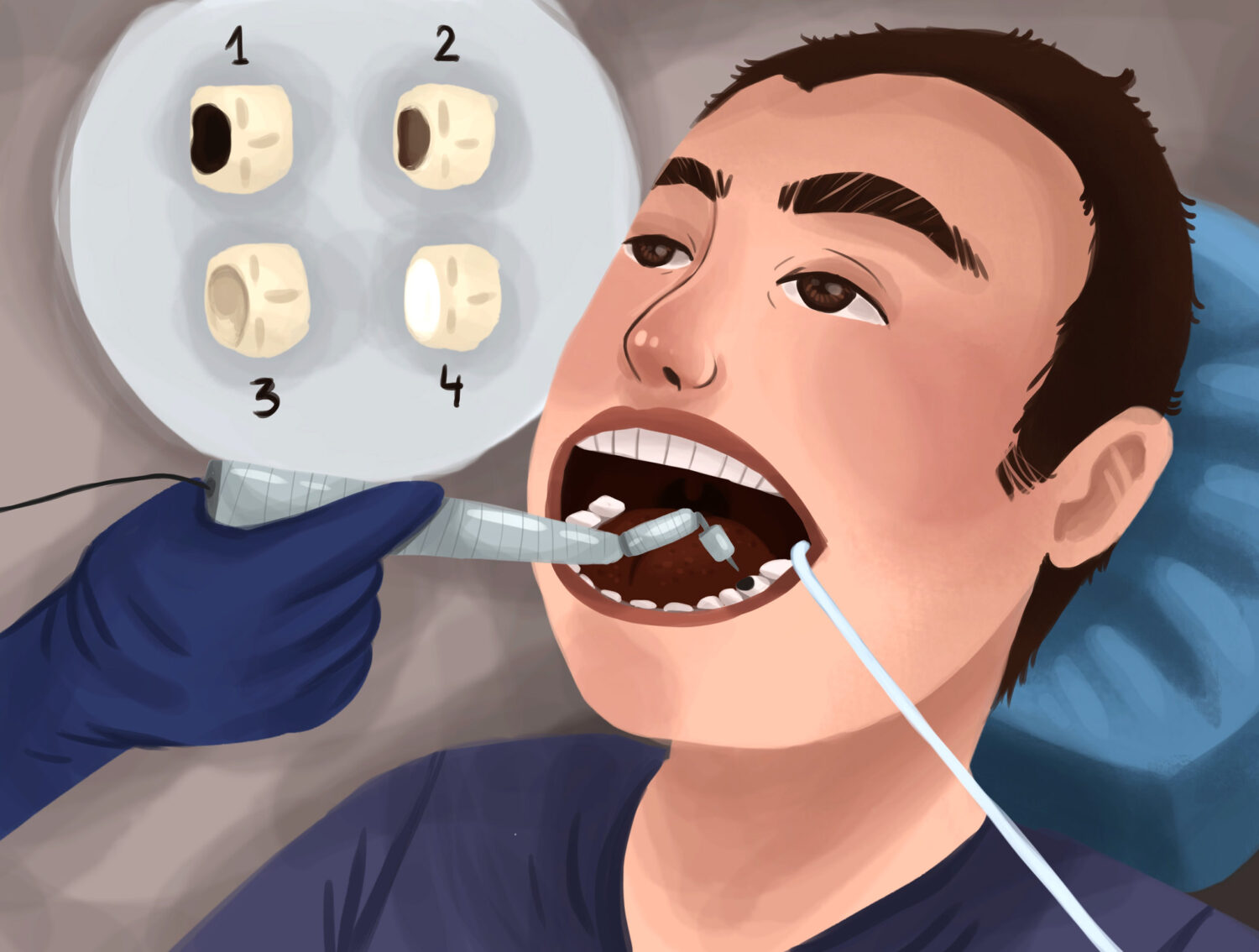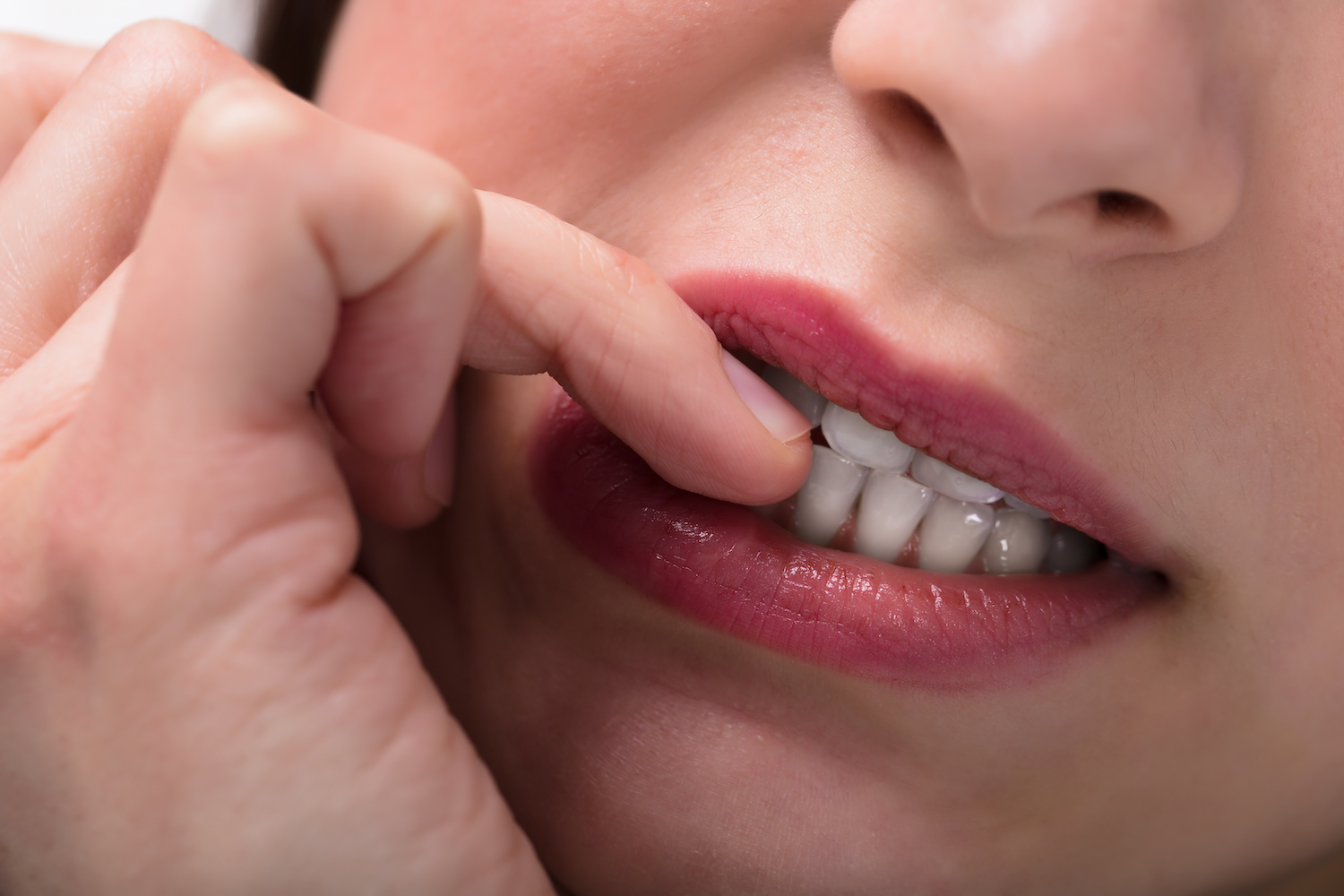In this post, we share practical and interactive ideas for parents to celebrate Children's Dental Health Month with their kids.
How Do Cavities Form?

One of the most common and compelling reasons why it is so important to brush and floss your teeth diligently is to prevent cavities. But how exactly do cavities develop in the first place?
What Is a Cavity?
A cavity is a small but permanent hole in your tooth that results from advanced decay. Early-stage tooth decay is temporary weakening that can often be reversed with improved oral health habits. But cavities indicate permanent damage to the tooth. These holes may look brown or black to the naked eye if very serious, but usually you can’t see them at home. Though you may experience sensitivity, a toothache, and bad breath.
How Are Cavities Formed?
When bacteria and food residue build up on the surface of your teeth, you are more likely to develop a cavity. The bacteria feeds off of the sugary food residue, releasing acid which breaks down your enamel. Furthermore, if plaque isn’t daily brushed and flossed away, it will harden into tartar. Tartar irritates gums and causes them to pull back from teeth, forming pockets that expose your sensitive tooth roots to bacteria, decay, and infection.
What Happens If I Leave a Cavity Untreated?
Leaving a cavity untreated is never a good idea. Doing so allows the decay to grow deeper into the tooth, eventually infecting its pulp. The pulp is the soft innermost layer of the tooth. If your pulp becomes infected and damaged, it’s time for root canal therapy, which involves drilling into the tooth to flush out the infected tissue and replacing it with a material called gutta-percha. On the other hand, if cavities are caught early, they usually only require simple fillings to be treated properly.
How to Prevent Cavities
Brushing your teeth twice a day for two minutes each time, flossing every day, consuming a balanced diet, avoiding tobacco products, chewing only sugar-free gum, and drinking plenty of water will help to prevent decay and cavities. Additionally, limit your consumption of sweet treats, juice, and soda. For extra reinforcement, we also provide fluoride treatments as part of our routine dental care services. Although cavity prevention is easier and less costly than treatment, if you do develop decay, we can detect it as early as possible with our state-of-the-art CariFree device. With early detection, we can save you from more invasive and costly procedures in the future.









